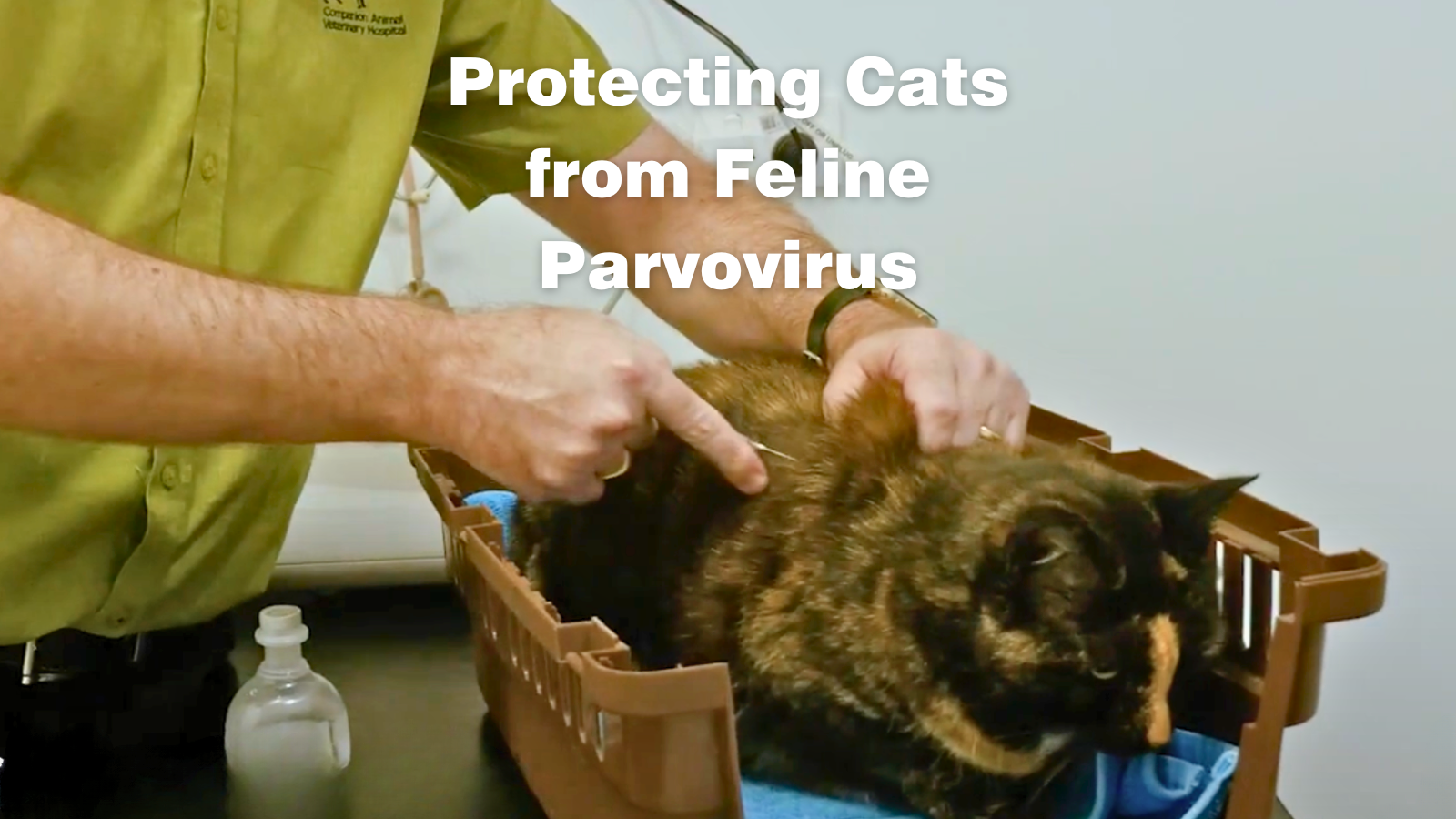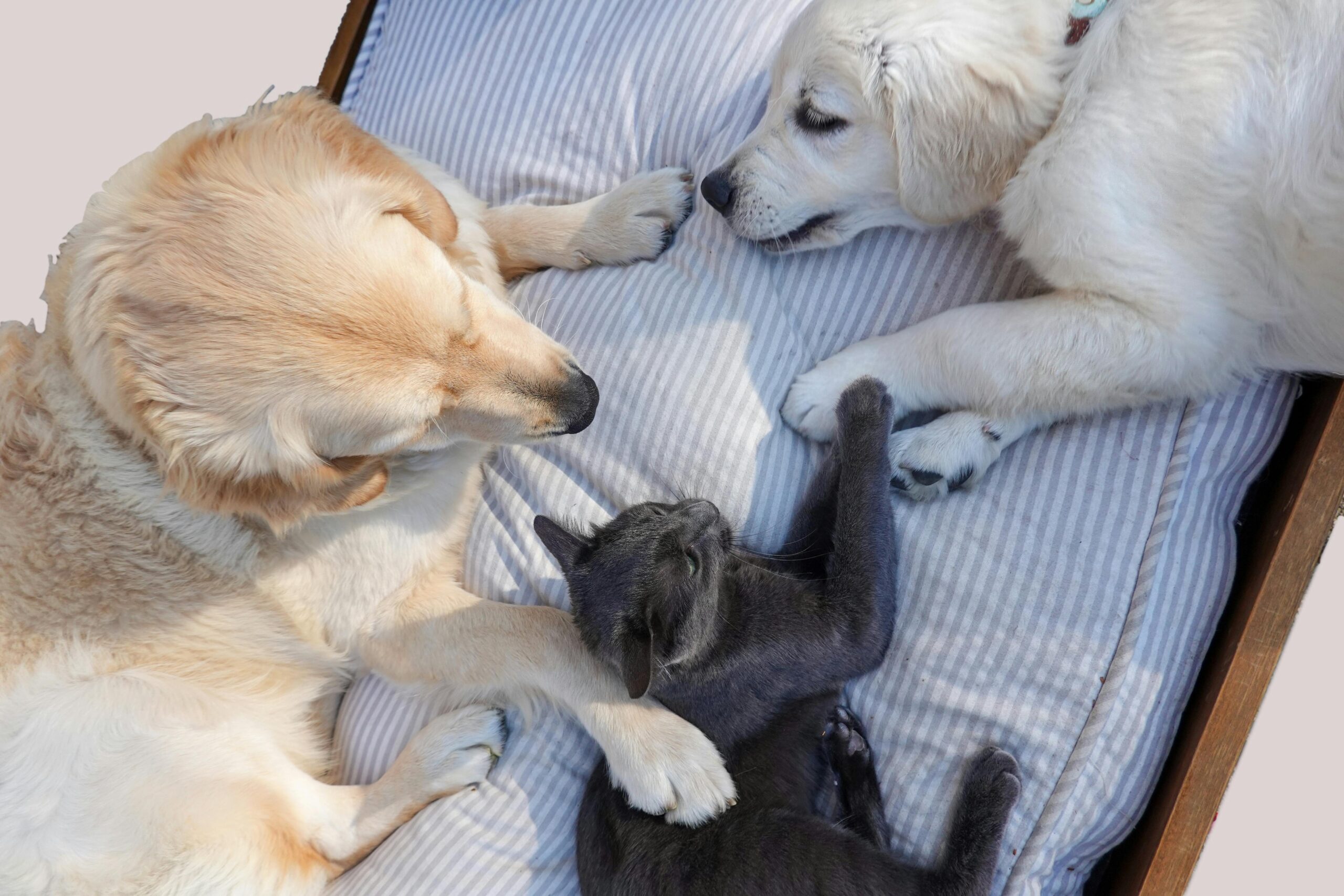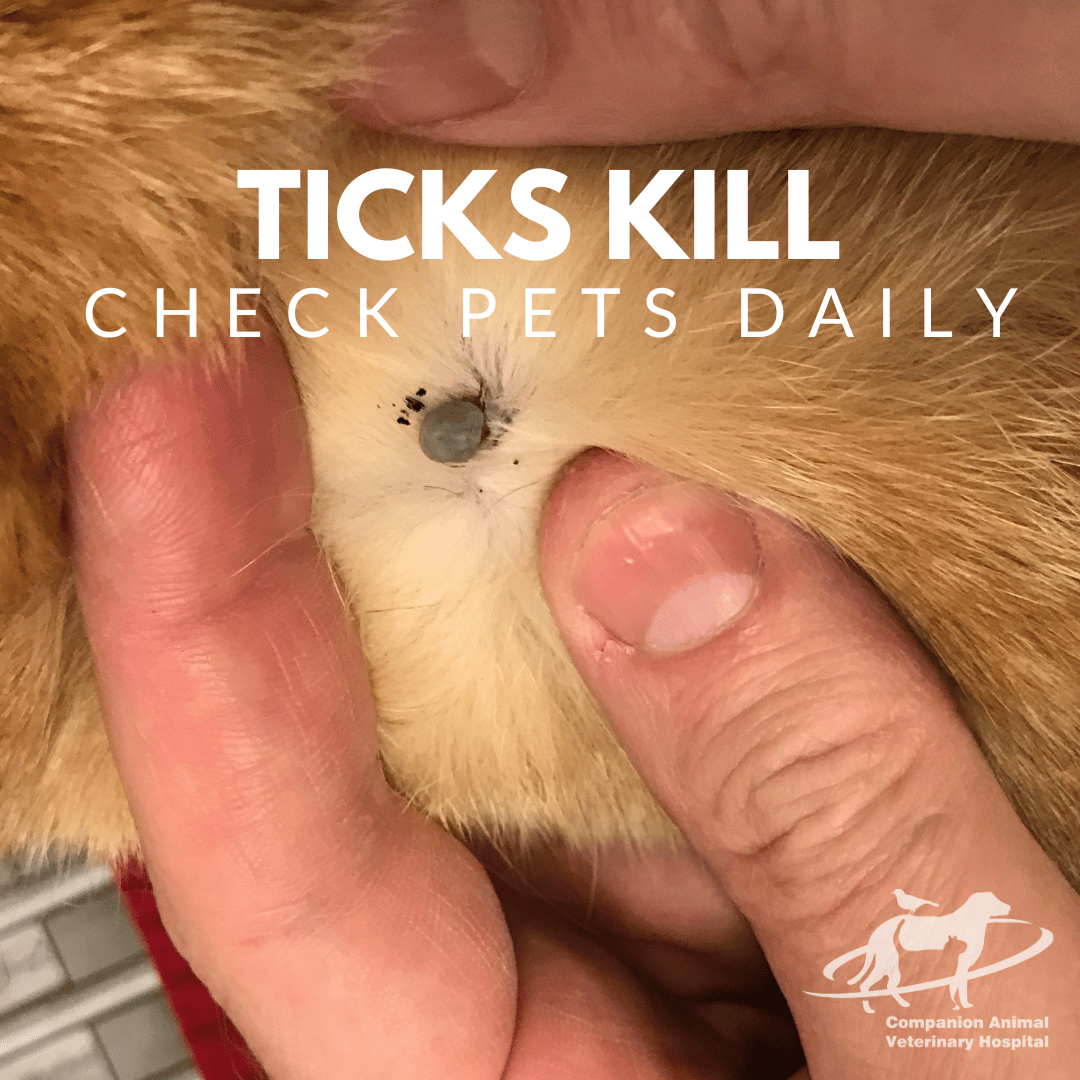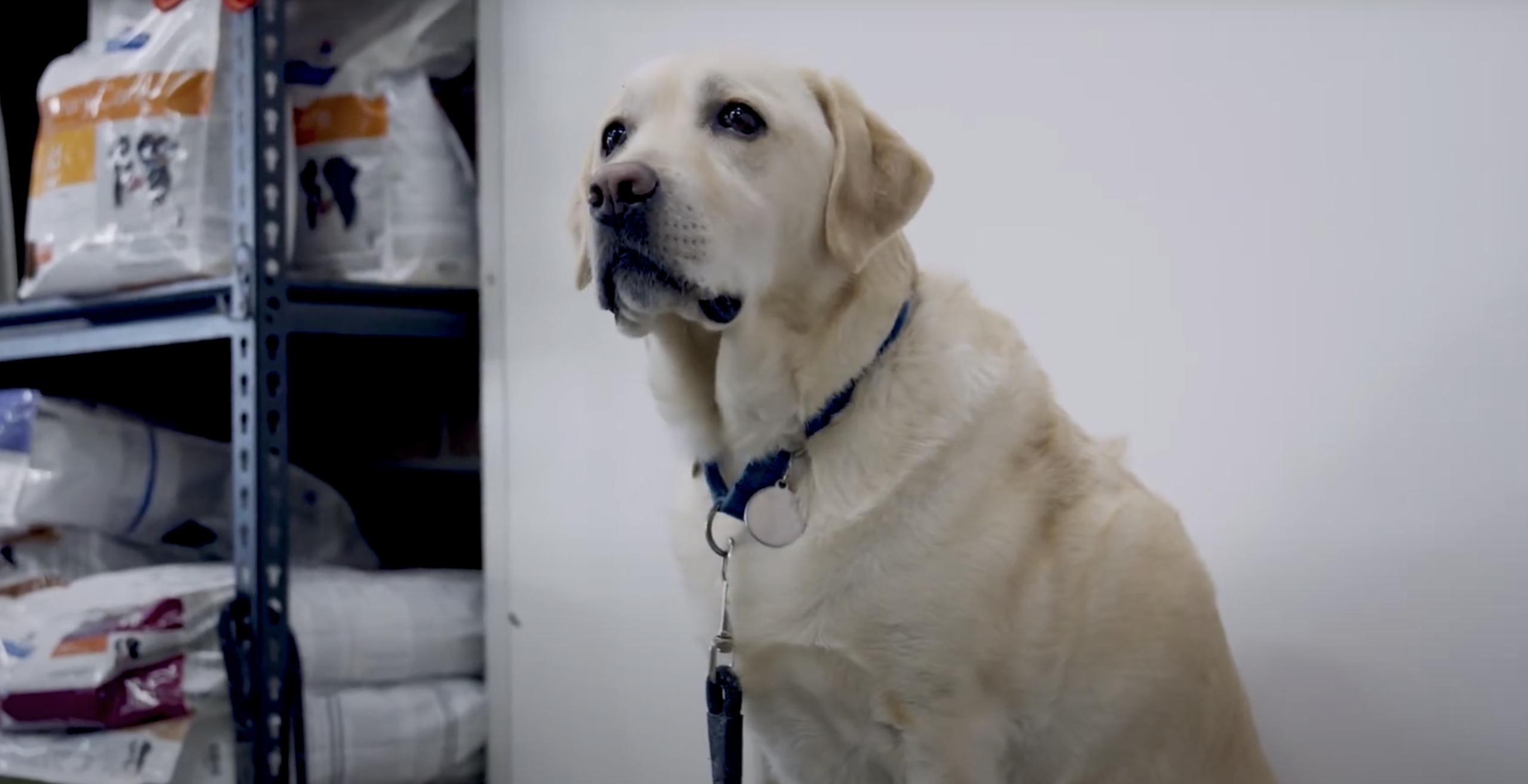Feline parvovirus, also known as feline enteritis or panleukopenia, is a highly contagious and life-threatening disease. It primarily affects the intestines and the immune system, leading to severe symptoms and, in some cases, death.
Signs and Symptoms
- Severe diarrhea
- Vomiting
- High fever
- Lethargy
- Loss of appetite
Prevention Strategies
Vaccination
Vaccination is the most effective way to protect cats from feline parvovirus. The core F3 vaccinations cover this virus.
- Kittens should be vaccinated monthly until they are at least 16 weeks old.
- First annual health check and vaccinations at six months of age.
- Unvaccinated adult cats should be vaccinated immediately.
Environmental Hygiene
Since the virus can survive in the environment for years, maintaining cleanliness is crucial.
- Regularly clean and disinfect your home, especially if you have multiple cats.
- Use disinfectants that are effective against parvovirus.
Isolation of Infected Cats
If one of your cats is diagnosed with feline parvovirus, isolation is necessary to prevent the spread to other cats.
Conclusion
Protecting your cats from feline parvovirus is crucial for their health and well-being. Regular vaccinations, maintaining a clean environment, and isolating infected cats are key strategies.






